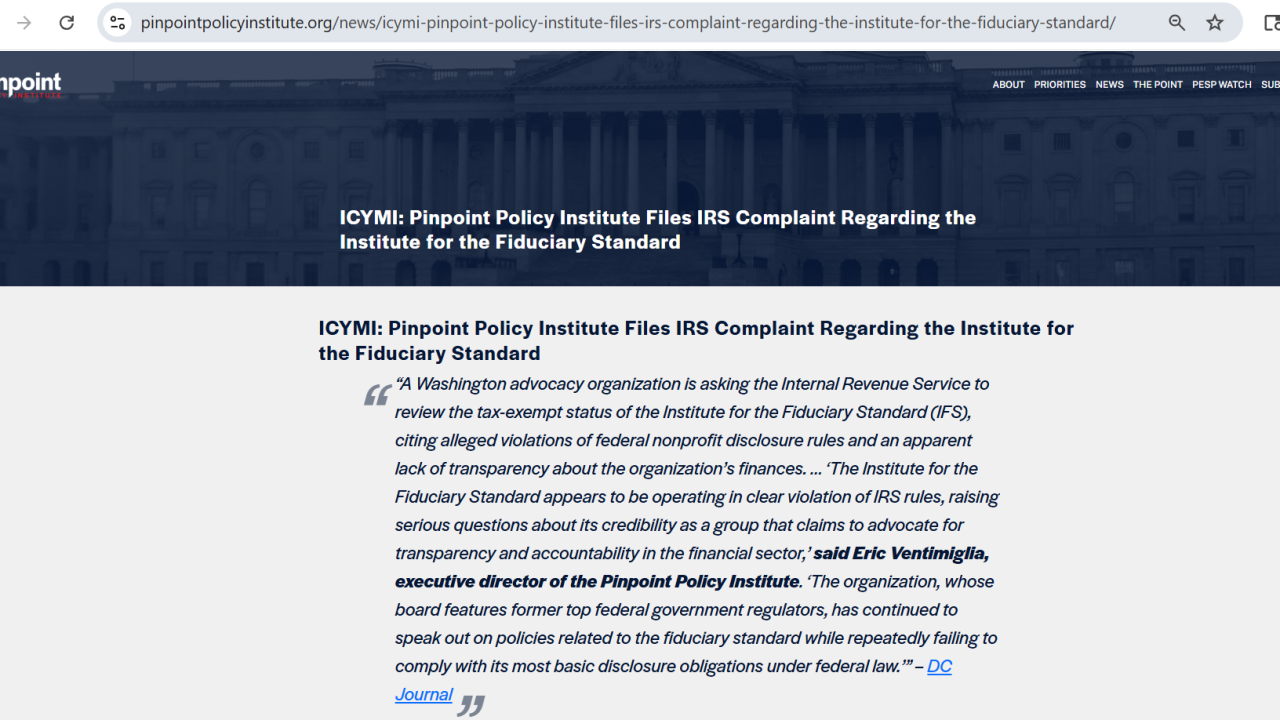2020 was a transformational year for wealth managers as the COVID-19 pandemic advanced digital trends in a matter of weeks that likely would have taken years to materialize otherwise. What’s clear now is that, to thrive in 2021, financial advisors will need to look beyond delivering investment returns and take a holistic view of their clients’ wealth.
Advisors continue to deal with an ever-changing set of client needs, and traditional boundaries of segmentation are disappearing as clients become a segment-of-one. While advisors still spend more time on portfolio management than anything else, other roles, such as mitigating risk and preparing for key life events, shouldn’t be overlooked.
We see three trends emerging as holistic advice becomes the norm for advisors:
1. Limitless Portfolios and Product Marketplaces: As the shift to holistic advice takes hold, flexibility in products and services becomes essential. Consider that the average future wealth client will be younger and more diverse, and have a lower net worth, than the traditional client. There needs to be a focus on financial wellness and specifically risk mitigation across the client’s position and holdings. It’s one of the reasons we think the convergence of insurance and wealth management only accelerates in 2021, with more tuck-in acquisitions to bolster wealth managers’ insurance offerings.
Advice won’t be centered around just managing investments – it’s about helping clients with their total financial and emotional picture. The advisors of tomorrow will move beyond the pure investment portfolio space and provide advice on non-investable assets, including life insurance and pensions, as well as non-bankable assets like real estate. The very nature of advice must change to accompany these burgeoning and yet untapped asset classes and this will result in endless combinations of different assets and innovative, results-based pricing models becoming the norm.

2. Hyper-personalized advice driven by AI and data: The fundamental components of quality advice (perspective plus client engagement to form a strong relationship) haven’t changed, but the challenge today is how to deliver personal service digitally.
AI will play a critical role by empowering advisors to have more personalized client conversations and sell the right products at the right moments in their clients’ lives. But wealth managers seem to
Client data – whether it be from mobile app usage, social media, online browsing and downloads, or payments history – is more accessible than ever. The key is how effectively and authentically advisors can harness this data to provide timely and relevant advice that addresses clients’ underlying needs. Data and analytics coupled with AI can enable financial advisors to bring better insights to clients and engage their full wealth and capabilities rather than the fragments they serve today.
3. From conduits of returns to stewards of capital: How wealth managers position themselves and their brands externally to appeal to the next generation of wealth will be critical. They must move from conduits of returns to stewards of capital. Younger investors’ personal preferences, interest in expanded ESG offerings, and recalibrated lifespan goals will push this trend forward.
Consider this: by 2030 American women are expected to inherit and control much of the $30 trillion in assets that will be passed down from baby boomers. Many of these women will be millennials who have unique personal preferences that will shape their investment portfolios. This could include better ESG investments, but it’s deeper than that. Wealth managers need to consider what they stand for personally and how they are making a broader impact in society, whether it’s centered around safeguarding the environment, promoting social causes, or improving financial literacy.
To win net new money, advisors will need to provide a level of service to mass affluent clients previously reserved for ultra-high net worth clients. We are seeing examples of this already, including with Goldman Sachs and its Marcus Invest service, which will service accounts as low as $1,000 and feature smart-beta ETFs and asset allocation models designed by its private wealth management investment group. Providing goals-based advice will involve opening asset choice beyond traditional wealth tiers and product categories.
Wealth managers expect to lose, on average, nearly one-third (32%) of assets under management through intergenerational wealth transfers, which Accenture predicts will be US$40 trillion of investable assets over the next 30 years. If advisors can focus on these three trends and provide holistic advice to each client we think they can stem the tide and continue to grow their business in 2021 and beyond. While 2020 was all about digital advances in the front office, the next digital wave will demand more flexible operational processes and wider adoption of intelligent technology solutions.





